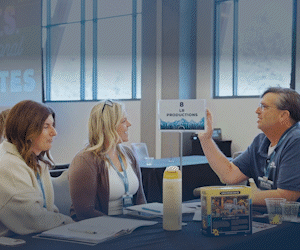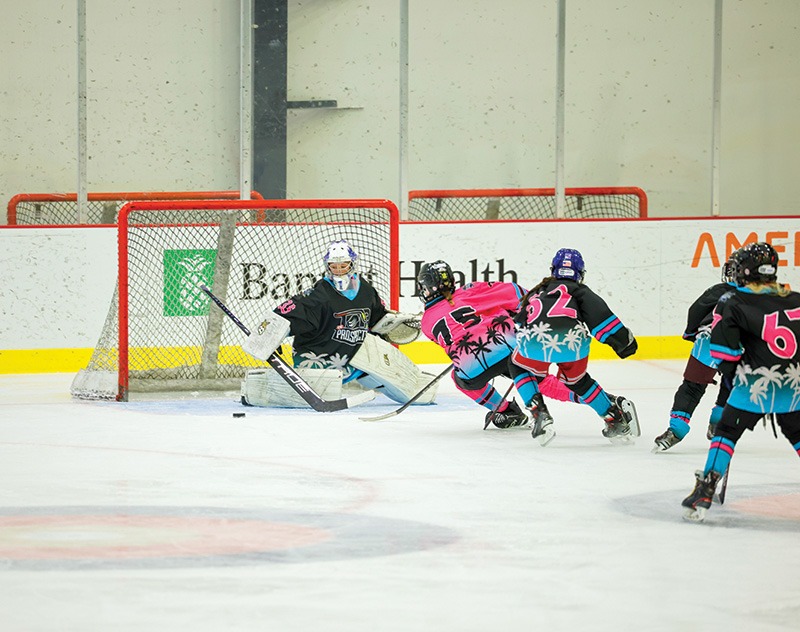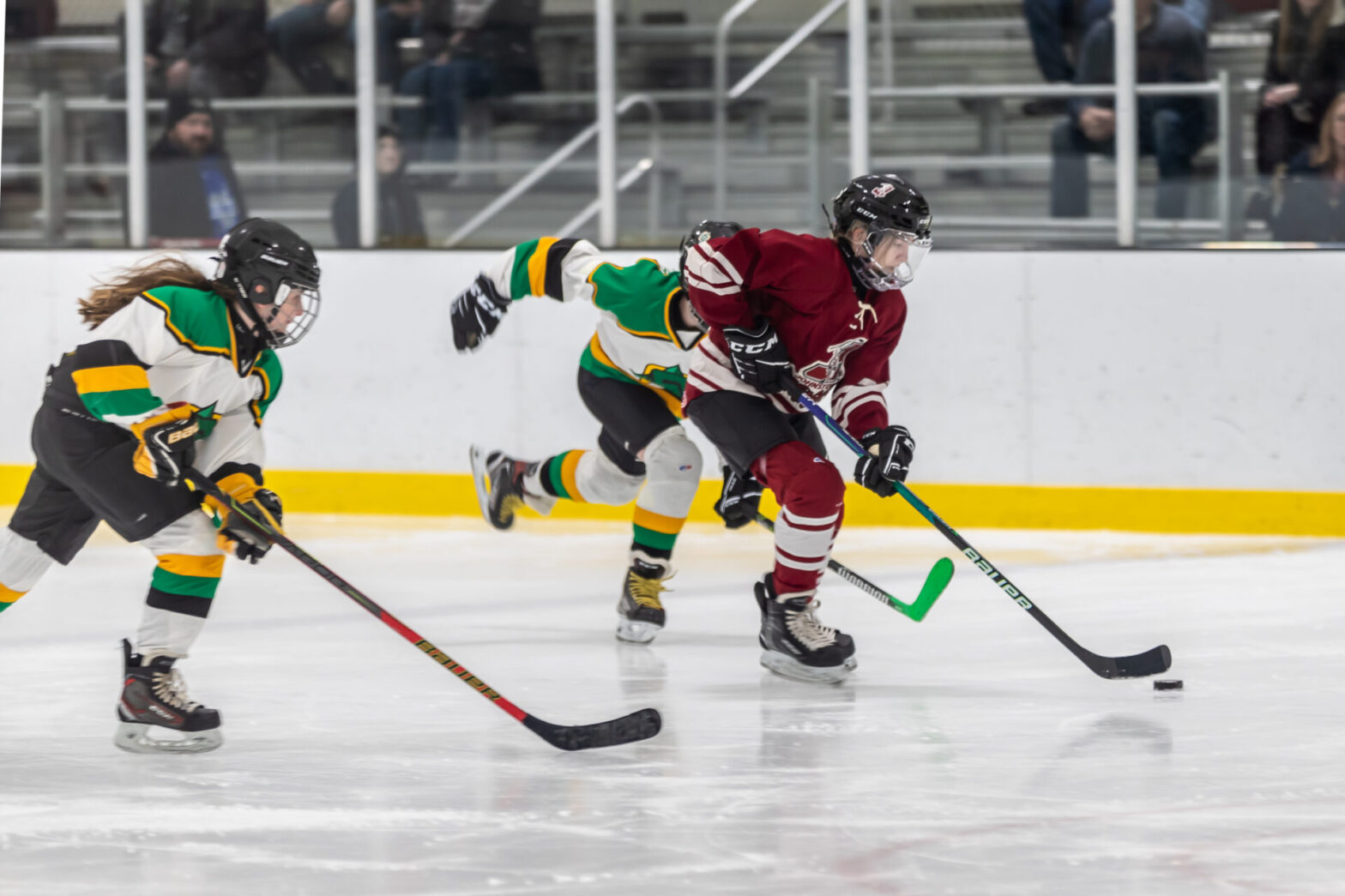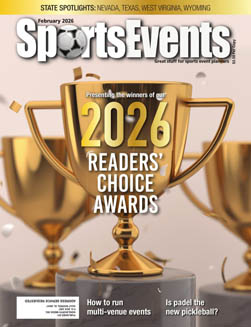What Destinations and Venues Want You to Know
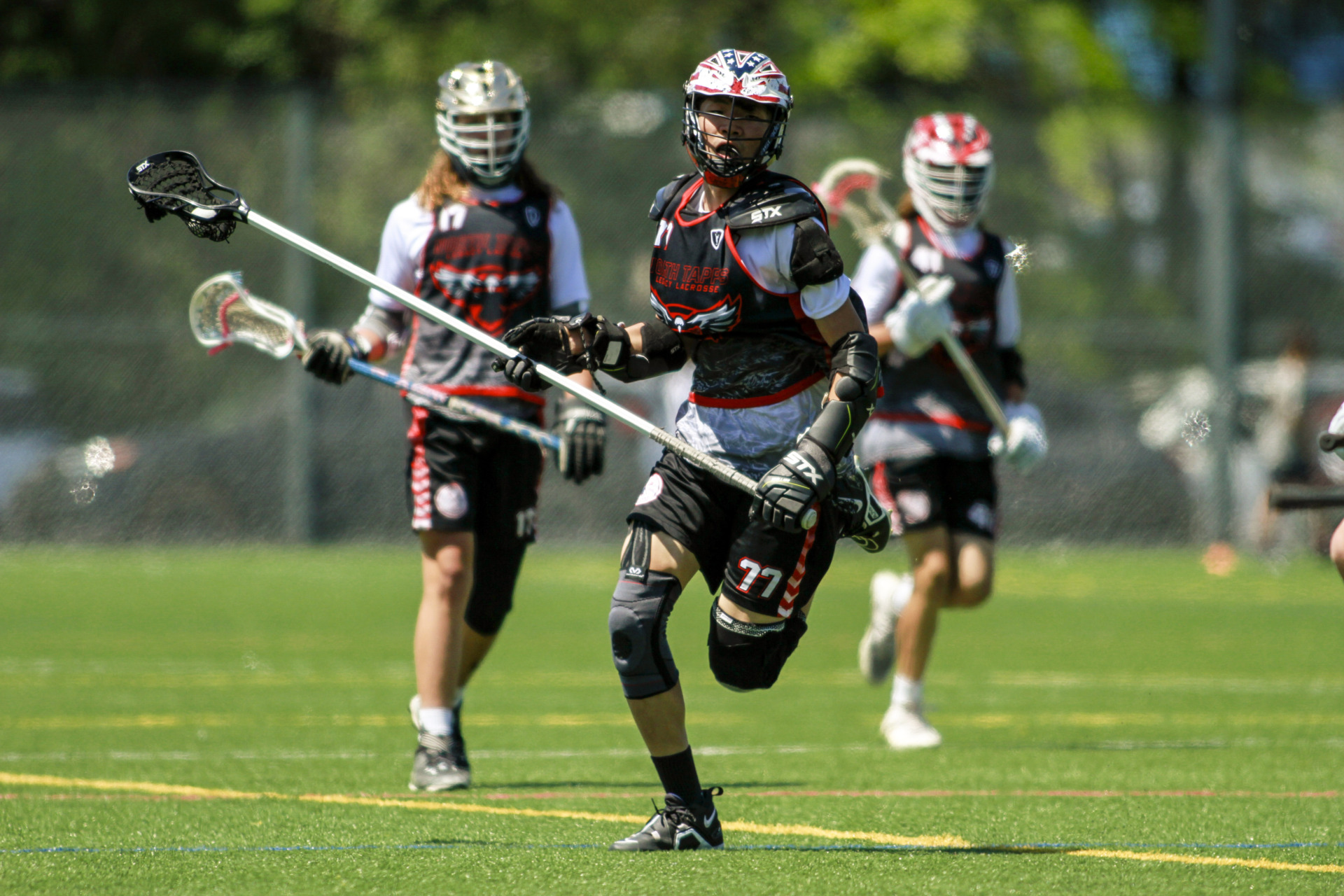
Planning for any sports tourism event is a significant undertaking. It requires a smooth, cooperative partnership between planners, destinations, and venues. Destinations see the value of hosting sporting events and are excited about hosting sporting events as sports teams, and spectators can experience the destination’s culture, arts, music, and the beauty of the landscape. Destinations are here to assist sports event planners with their sporting events. We reached out to venue and destination managers to learn what they wish event planners could do more—and what they could improve on. Two experienced pros gave us their perspective on planning a sports event, and we’re here to pass the information on to you—keep these tips in mind the next time you plan your event to make the process as smooth and straightforward as possible.
DO communicate
As in any good relationship, communication is key between destinations/venues and event planners. According to Tammy Dunn, executive director of Snohomish County Sports Commission, consistent communication before the event provides the destination time to create memories for the sports teams and spectators and ensure the sporting event is successful for the planner. She recalls an event with Beard Team USA, an “amateur competition” for different categories of beard and moustache. “With the ongoing communication with the creative director of Beard Team USA, the Snohomish County Sports Commission had the opportunity to create extra activities in conjunction with the National Beard & Moustache Championships,” Dunn says. “The event expanded from one day to multiple days, with a Pub Crawl, Guinness World Record Beard Chain Attempt, Funko special shopping experience, and Sunday Brunch. The result was a fun 2024 National Beard & Moustache Championship for everyone involved!”
Communication is also number one on Visit Kansas City’s director of sales Mindy Lallier’s list. She suggests clearly outlining event requirements, including venue specifications, preferred dates, and estimated attendance so they can do their job.
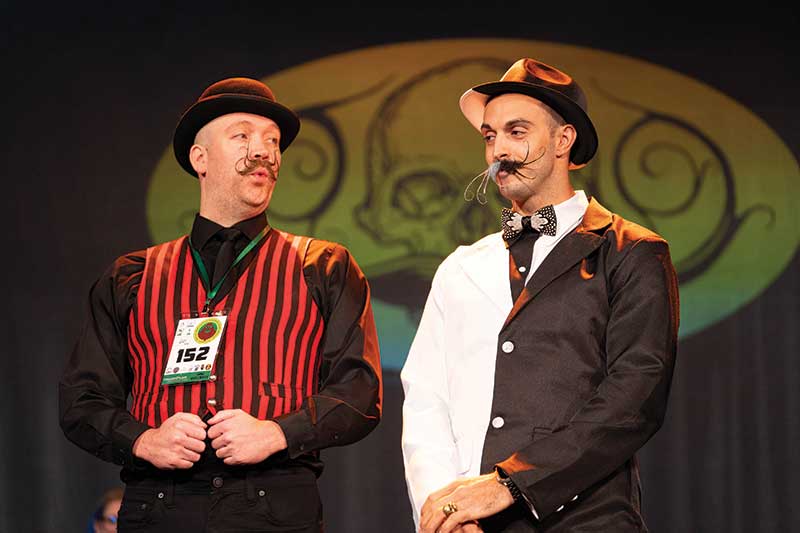
DON’T engage CVBs and destinations too late in the process
Reaching out to a CVB early in the planning process—before securing venues, hotels, or other arrangements—is crucial. Once a location is already confirmed, it becomes significantly harder to access sponsorships or incentive dollars. “I find
it frustrating when event rights holders reach out after decisions are made because it limits the CVB’s ability to provide meaningful support or financial incentives, which could have significantly enhanced the event’s success,” says Lallier. Engaging the CVB first ensures the best outcomes
for everyone involved.
Involving CVBs early in the planning process means you can leverage their expertise, local knowledge, and connections. This allows for better support in securing venues, lodging, and other resources. In the same vein, she suggests being open to local expertise. CVBs have insider knowledge about unique offerings, potential discounts, and alternative solutions that may enhance your event experience.
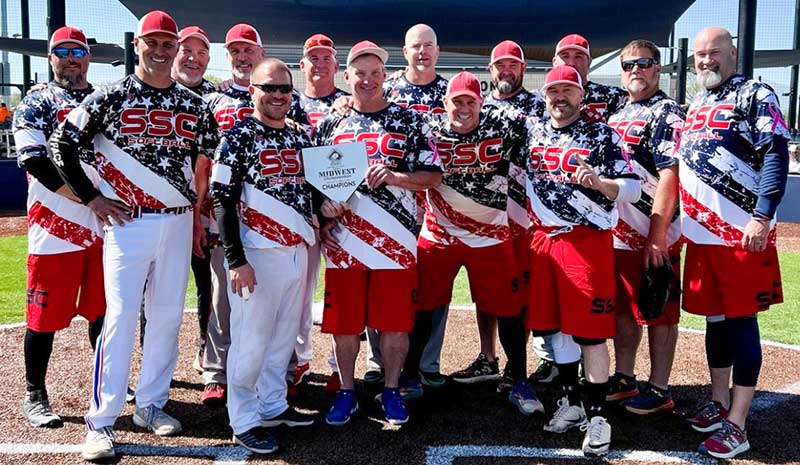
DO provide an event request proposal
Having an event request for proposal (RFP) provides an opportunity for destinations to understand the sports event planner’s event. An event RFP does not have to be too long—it can be one page with venue requirements, hotel requirements, community requirements, and other requests from the event planner. According to Dunn, an event RFP gives both the event planner and destination a starting point
in their conversation. Both parties may ask additional questions and request further information. Event RFPs allow the destination to do their “homework” and help them determine if they can host the event (whether they have a venue capable of fitting planner requirements). This process opens an open line of communication between the sports event planners and the destination so they can learn more about each other. Learning more about each other could lead to another sports event the destination could host. The long-term outcome is that a relationship is built between the sports event planner and the destination. Lallier agrees with the sentiment that not providing an event RFP is unproductive, even if it is just a page. “For the destinations to help the event planner, details of the event are important. The economic impact information is valuable, such as participant numbers, spectators’ numbers, the percentage of people traveling more than 50 miles, and room night history,” she says. “Without this information, it is challenging for the destination to advocate to the hotels, venues, community, and elected officials that it is beneficial to host the event.”
DON’T forget about the CVB after the event
Don’t cut off communication with CVBs when the event is finished. Building long-term relationships can only improve future collaborations. According to Dunn, fostering ongoing partnerships with CVBs will allow you to streamline future events and take advantage of incentives like grants or marketing support. She also encourages planners to provide constructive feedback to help CVBs improve services and create stronger partnerships for future opportunities. By working closely with CVBs, event rights holders can maximize the success of their events while optimizing costs and attendee experiences




